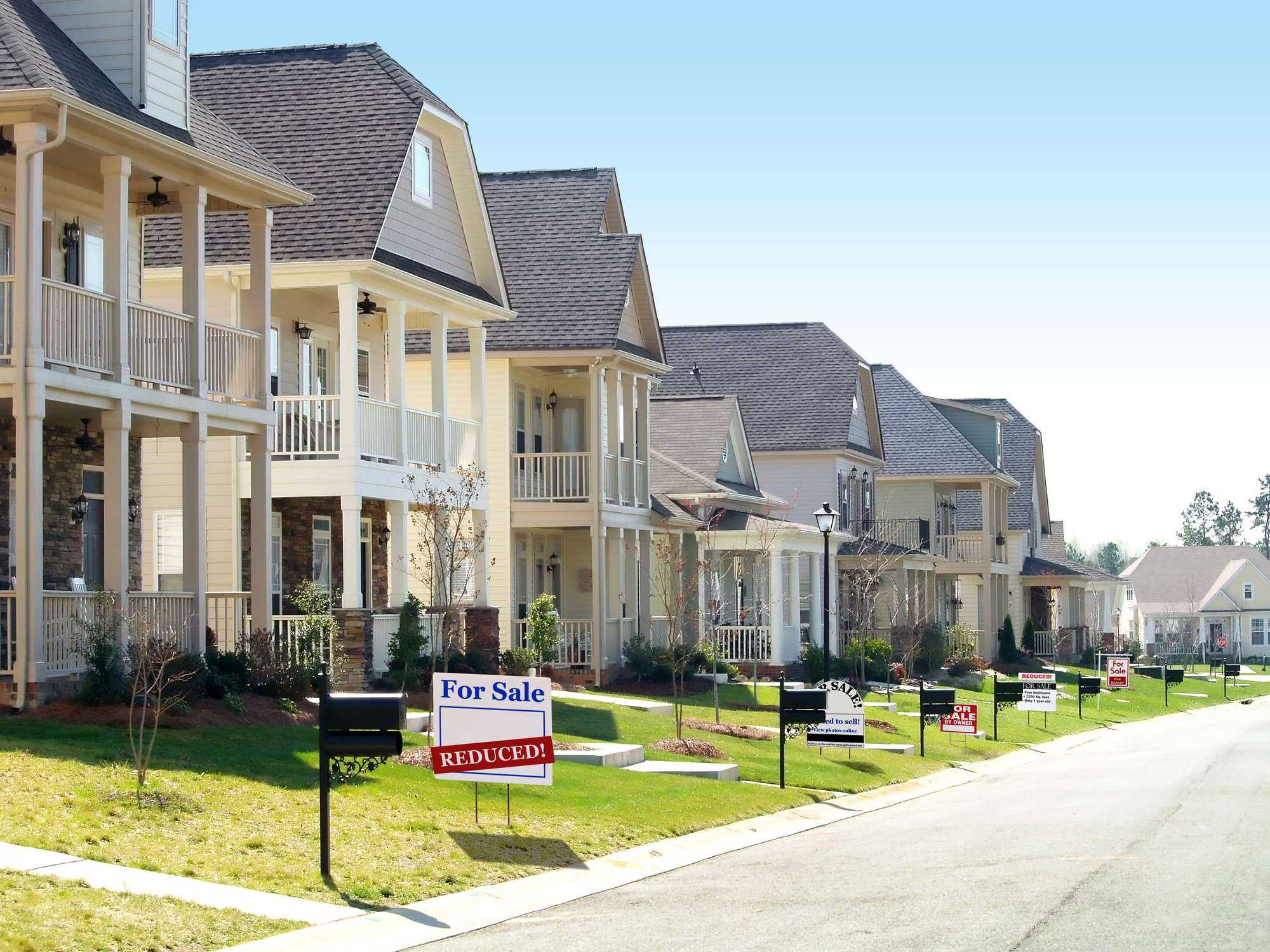on
BY JAY BRIJPAUL
The second wave is brewing. The elements are reacting, and the concoction will be implosive. Home prices will dip. Last month we saw home values skyrocket. Now the rocket is about to change trajectory. Over half a million homeowners took mortgage deferrals around May. Six months will finish around Halloween. Their nightmares will begin. These homeowners must resume paying mortgages or forced to sell. Many are still unemployed. They are stretched financially to the breaking point.
There was a pent-up demand for real estate. Five-year mortgage rates fell to 1.8% and buyers took advantage. Many sellers postponed the sale of their home because of the pandemic. This created an artificial shortage. Bidding wars became bigger. With cheap money buyers splurged. Within the past month, I saw an increase supply of homes. Some sellers are reducing their prices to sell. These are signs that the market is about to break.
While home prices climbed in July and August, we saw an increased number of condos available for rent. Normally, increase in price would render an increase in rent. However, rental rates dropped. Strict regulations on short term rentals gave landlords a wallop. Many will be forced to sell and the swell of properties available for sale is growing.
Ontario is tourism. Big attractions such as Wonderland and the CNE are in deep slumber. Events such as Caribana and the Pride parade were cancelled. Banquet halls are suffocating. Many workers are wobbling with worry. Government bailouts are drying up. The first wave had flattened the economy. The second wave will finish the job.
Bob Dugan, chief economist at CMHC predicted that prices will fall in the first quarter of 2021 between 9-18%. “When I say I stand by our forecasts, it’s really with respect to what are the broad trends we expect moving forward. When I look at the housing market there are a tremendous number of risks. I’m not convinced that we have a sustainable basis for housing demand in the economic disturbance that’s going on related to COVID-19. That’s why I say I stand by the forecasts.”
Immigration is the yardbird for price growth. Everyday about 1,000 new immigrants arrive in Canada. Half will be settling in Ontario. Currently, with COVID-19, the influx dribbles. There will be less demand for housing. Prices will subside.
Most Canadians rely on the media for sustenance. When the tide changes, prices will fall. The media will fan the flames. Buyers will back off from buying and sellers will be in a hurry to offload. Some sellers will fall over the cliff. Others will hang on by their fingernails, waiting to be rescued. We Canadians are as timid as rabbits.
The marathon for a vaccine is in full throttle. With time, the world will be inoculated. Recovery will be quick, and prices will rebound. The media will fan the flames and there will be a buying frenzy. Immigration will surge and bidding wars will continue.
The best investment on earth is earth itself. Not space in the air. Condos will become less attractive because of confined space. There is an oversupply and segments of the condo market will fall. Like a sledge hammer, the blow will be painful for speculators. Investors should avoid speculating on pre-construction. Invest on homes in mature neighborhoods with large lots. As the city becomes crowded, land will become gold.
Homeowners who are financially trapped should explore all options before selling. One option is to increase the mortgage and release some equity to pay off high debts such as credit cards and second mortgages. With low interest rates, homeowners can refinance and increase the amortization. Their monthly mortgage payment will reduce. They can use some of the equity to build a basement apartment. The rental income from the basement apartment would offset the expense to carry the home. For example, $50,000 in mortgage will cost just $225.00 per month. This can be used to pay off credit cards or finish the basement apartment.
For those who are planning on selling and buying, it is better to sell now and ask for a long closing. This way, they can sell when the price is high and buy when the market changes. If this is the plan, then ask for a large deposit because in a declining market, a small deposit will evaporate quickly, and buyers may choose to walk away from the deal. Another option is to sell and rent for the short term. The window of opportunity will open but will close quickly.
Stay in the loop with exclusive news, stories, and insights—delivered straight to your inbox. No fluff, just real content that matters. Sign up today!
The venom of real estate fraud
Jay Brijpaul is a 29 year Toronto Real Estate veteran and one of Canada’s top Real Estate Brokers. He has been involved in over 3000 Real Estate sales representing both buyers and sellers. His team, The Brij Team, is consistently among the top RE/MAX residential teams in Canada and around the world. Since 1994, Jay became a member of the Fellows of Real Estate Institute of Canada (FRI), giving him an additional 5 years of Real Estate training beyond what virtually all Real Estate agents have.












